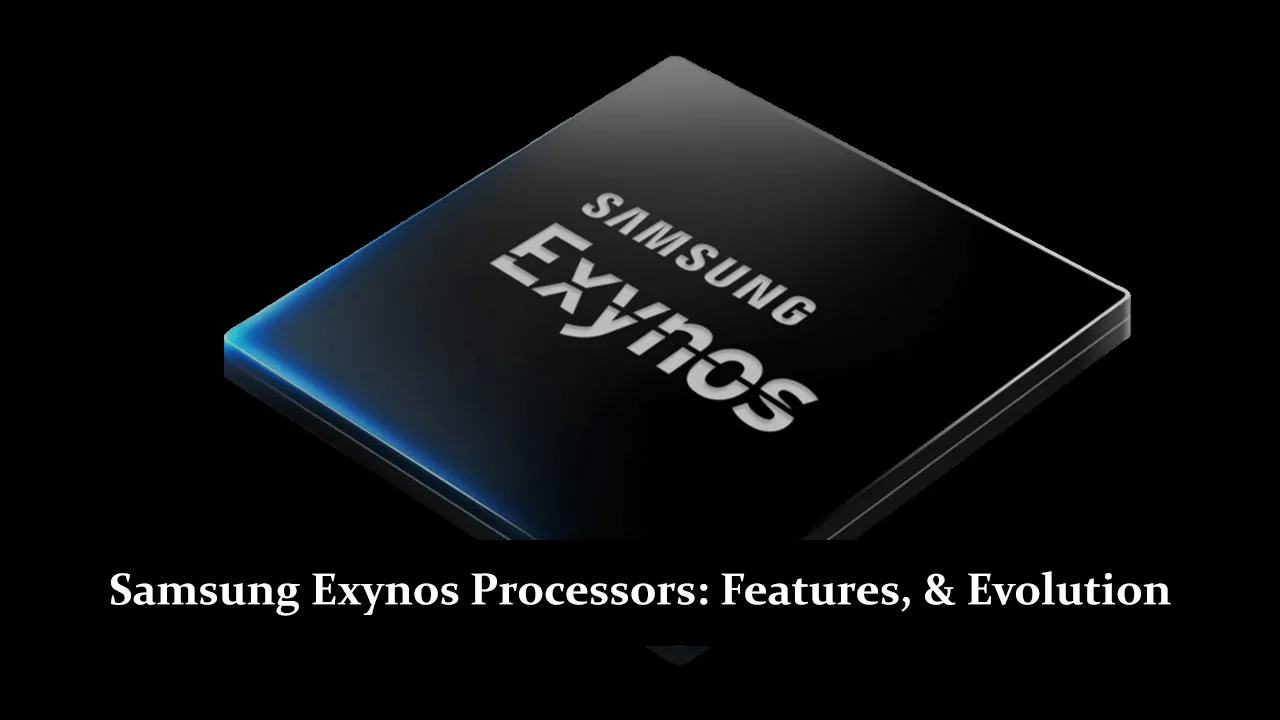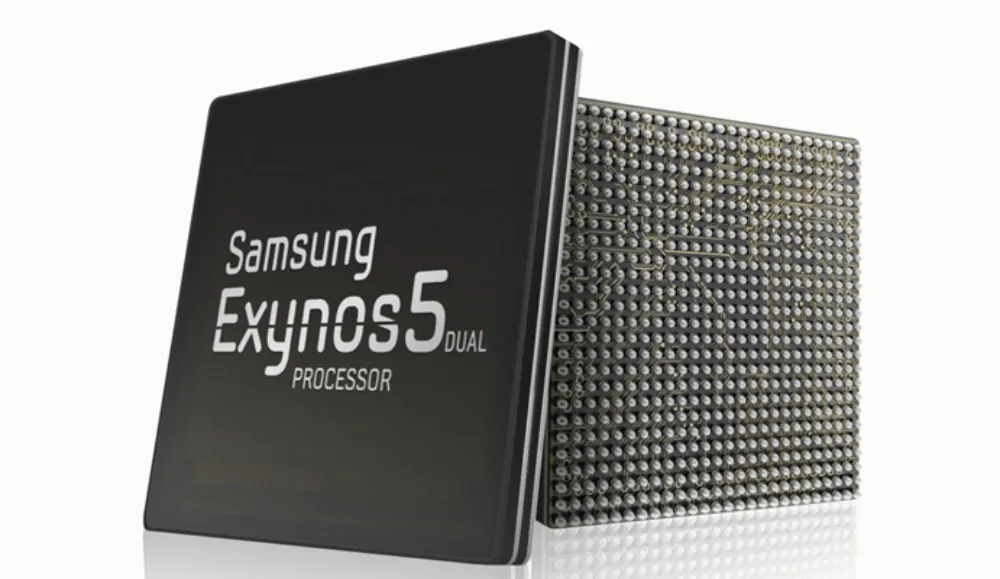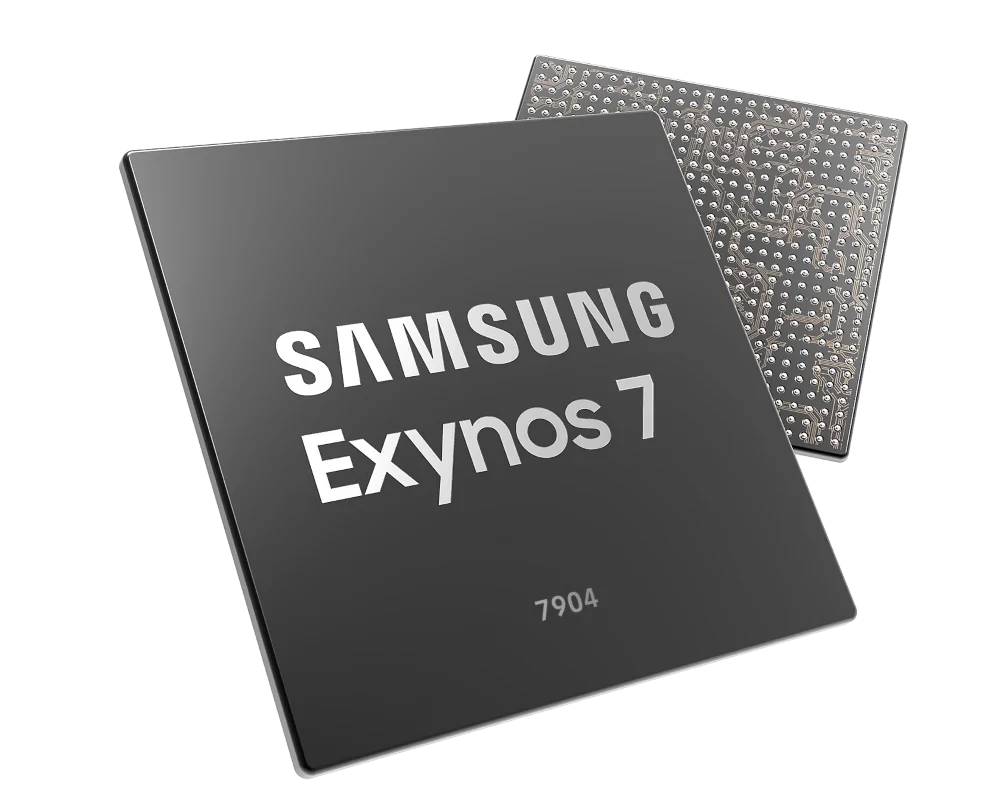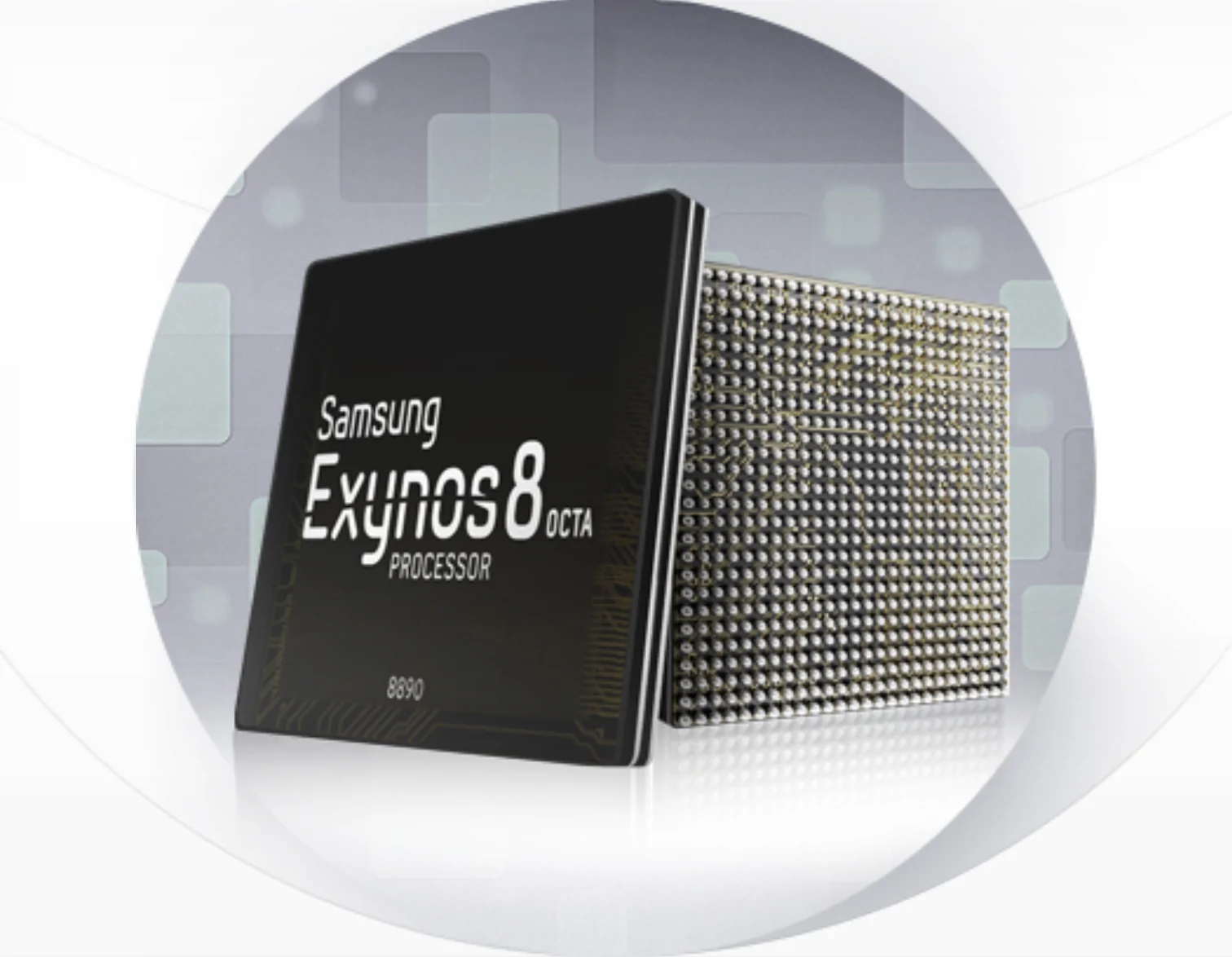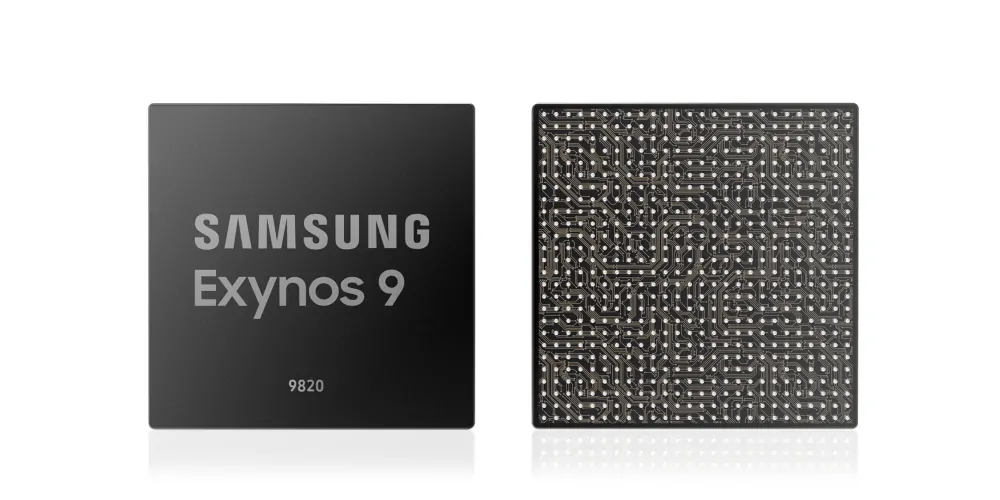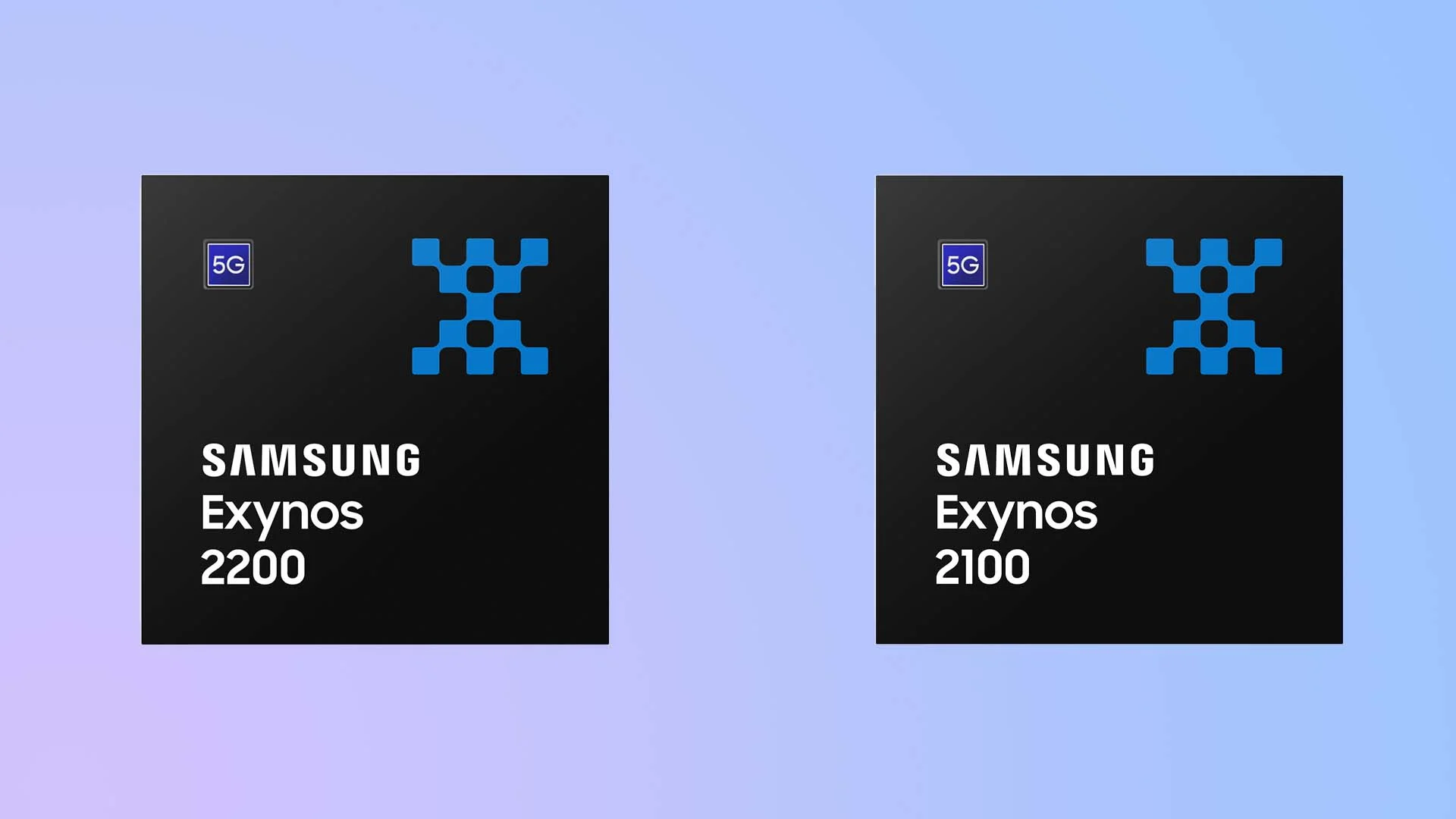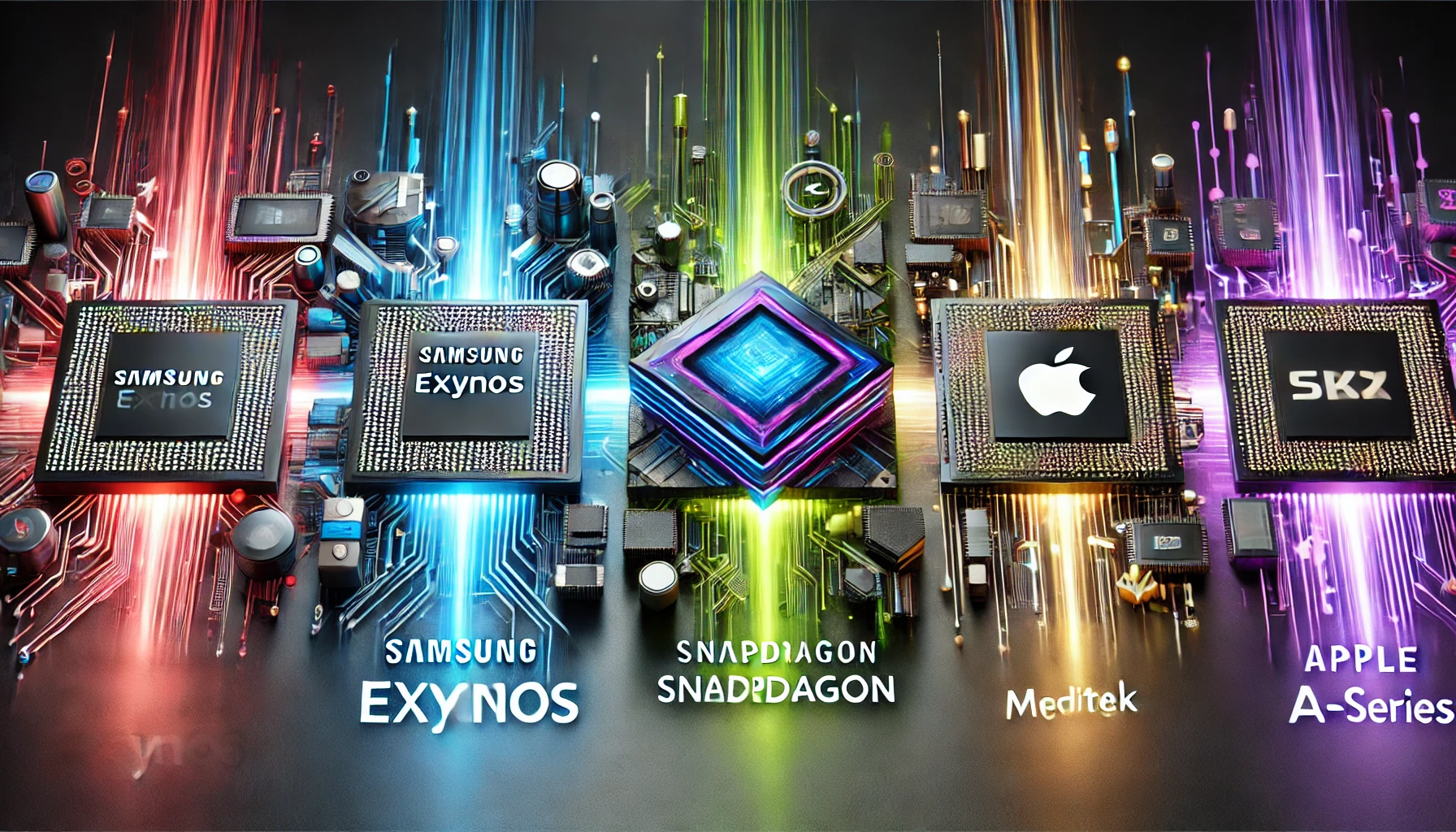Samsung has been a significant player in the processor industry, consistently pushing the boundaries of mobile technology. The Exynos series represents Samsung’s in-house developed processors, known for their high performance and energy efficiency. Exynos processors are vital in powering Samsung’s flagship devices, offering seamless integration with its ecosystem. Their global reach extends beyond Samsung phones; they are used in other devices worldwide. Exynos is a key contributor to Samsung’s competitive edge in the global market.
Versions of Samsung Exynos Processors
Samsung Exynos 3 Series
The Exynos 3 Series was launched in 2010, primarily targeting entry-level devices. It was Samsung’s initial attempt to build affordable processors, focusing on essential performance for budget smartphones. These early models provided basic functionality but were important for Samsung’s processor evolution. They supported lower-resolution displays and limited multitasking capabilities. Despite their limitations, they played a crucial role in making smartphones more accessible globally.
Exynos 5 Series
Introduced in 2012, the Exynos 5 Series was a leap forward in mid-range smartphone performance. These processors brought enhanced multimedia support, higher display resolutions, and more efficient battery usage. Samsung designed this series for devices that required better multitasking and smoother user experiences. It also enabled improved graphics, making it suitable for mid-tier devices that needed a balance between cost and performance. The Exynos 5 Series helped Samsung grow its presence in the competitive mid-range market.
Exynos 7 Series
Released in 2014, the Exynos 7 Series found a place in mid-tier and some premium devices. With better processing power and energy efficiency, it provided excellent performance for its time, making it a versatile choice. This series was used in devices that needed more power for gaming and heavy multitasking while maintaining battery life. The Exynos 7 processors were instrumental in powering mid-range Samsung phones and high-end models. They offered enhanced connectivity options, paving the way for more feature-rich smartphones.
Exynos 8 Series
The Exynos 8 Series, launched in 2016, introduced 64-bit processing architecture to Samsung’s lineup, marking a major technological advancement. These processors delivered superior performance and power efficiency, making them suitable for flagship devices. With better multitasking abilities and faster processing speeds, the Exynos 8 Series was a smartphone game-changer. It also provided support for higher-resolution displays and improved camera capabilities. This upgrade greatly benefited Samsung’s flagship devices, offering a smoother and faster user experience.
Exynos 9 Series
Introduced in 2017, the Exynos 9 Series became the flagship of Samsung’s premium smartphones. These processors brought advanced AI capabilities, allowing smarter features like enhanced photography and voice recognition. With integrated 5G support and improved graphics performance, the Exynos 9 Series was designed to handle the latest mobile technologies. It offered superior power efficiency and processing power, making it ideal for high-performance tasks. This series continues to power many of Samsung’s devices, keeping them at the cutting edge of mobile innovation.
Exynos 2100 and 2200
The Exynos 2100 (2021) and Exynos 2200 (2022) represent Samsung’s most advanced processors, built to compete at the highest levels of mobile performance. These processors feature ARM Cortex-X cores for unparalleled speed and efficiency. The collaboration with AMD brought next-level GPU performance, making them ideal for mobile gaming and graphics-intensive tasks. Full 5G integration and enhanced AI capabilities further solidify their place in flagship smartphones. With these processors, Samsung continues to push the boundaries of what mobile phones can achieve in terms of performance and connectivity.
Architecture and Technology
Exynos processors are built on a highly efficient architecture that focuses on delivering optimal performance and power management. These processors utilise ARM cores, designed for high-speed data processing, and custom Samsung optimisations to enhance multitasking capabilities. The architecture supports advanced features like AI processing and machine learning, ensuring seamless operation across various applications.
ARM cores, such as the Cortex-A series, are commonly used in Exynos processors, balancing performance and power efficiency. Alongside, Mali GPUs are integrated for superior graphics processing, making Exynos well-suited for gaming, multimedia, and high-resolution displays. This combination ensures fast, smooth experiences across devices.
Efficiency improvements in Exynos processors are significant, especially in speed, power consumption, and thermal management. Samsung has continuously refined its chip designs to deliver faster processing while reducing energy use. This helps maintain the device’s battery life and reduces heat generation during intensive tasks, contributing to a smoother user experience without overheating.
Key Features of Exynos Processors
- Performance capabilities (CPU, GPU, and AI performance):
Exynos processors are equipped with powerful CPUs and Mali GPUs, delivering performance for gaming, multitasking, and media consumption. Advanced AI capabilities enhance image processing, voice recognition, and smart automation. - Network and connectivity support (5G, LTE, etc.):
Exynos processors have integrated support for the latest network technologies, including 5G and LTE. This ensures faster download speeds, lower latency, and a more reliable connection for modern mobile needs. - Power efficiency and battery optimisation:
Built to manage energy efficiently, Exynos processors use advanced power management techniques to extend battery life. They optimise power usage based on workload, helping devices run longer while maintaining strong performance. - Integrated security features:
Exynos processors feature robust security measures, including hardware-based encryption and secure elements. These help protect user data and ensure safe transactions, safeguarding against threats like hacking and data breaches.
Exynos Processors in Samsung Devices
Popular Samsung Devices Powered by Exynos Processors
Exynos processors power various Samsung devices, from flagship models to mid-range offerings. Some notable devices include:
- Samsung Galaxy S21 and S22
- Samsung Galaxy Note 20
- Samsung Galaxy A52 and A72
- Samsung Galaxy M31 and M32
These devices showcase the versatility of Exynos processors, offering strong performance across various price points.
Comparison with Competitors
Comparison with Other Industry-Leading Processors (Snapdragon, MediaTek, Apple’s A-series)
Exynos processors are often compared to leading chipsets like Qualcomm’s Snapdragon, MediaTek’s Dimensity, and Apple’s A-series. While Exynos processors excel in areas such as AI processing and graphics rendering, Snapdragon is known for its high raw CPU performance and widespread network compatibility. MediaTek focuses on cost-efficiency with decent performance, particularly in mid-range devices, while Apple’s A-series processors lead in optimised performance, battery efficiency, and seamless integration with iOS devices.
Strengths and Weaknesses of Exynos Processors
Strengths:
- Strong AI and GPU performance, particularly in graphics-intensive tasks.
- Integrated 5G support and excellent network capabilities.
- Efficient power management and thermal control.
Weaknesses:
- Historically, Exynos processors have lagged slightly behind Snapdragon regarding raw CPU performance and power efficiency.
- Some users report differences in performance between Exynos and Snapdragon variants of the same Samsung device, leading to concerns about consistency.
Exynos vs Snapdragon Debate – Key Performance, Efficiency, and User Experience Differences
The Exynos vs Snapdragon debate often revolves around key aspects like CPU speed, battery life, and overall user experience. Snapdragon processors generally offer faster CPU speeds and better energy efficiency, translating to longer battery life and smoother gaming experiences. On the other hand, Exynos processors shine in AI tasks and GPU performance but sometimes fall short in raw CPU power. For users, this means that Snapdragon devices may feel faster in everyday use, while Exynos devices offer excellent graphics and multitasking capabilities. The choice between the two often depends on personal preference and regional availability.
Challenges Faced by Exynos
- Common criticisms and challenges:
Exynos processors have faced criticism, especially compared to competitors like Snapdragon, for perceived lower performance in some flagship devices. Users have pointed out issues like reduced efficiency and inconsistencies between Exynos and other chipsets in the same models. - Issues related to performance, battery life, and heat management:
Some Exynos-powered devices have been reported to need improvement in CPU speed, battery life, and thermal management. In heavy usage scenarios, Exynos processors have been known to heat up more quickly, which can lead to throttling and decreased performance over time. - How Samsung is addressing these concerns in recent releases:
Samsung has been improving Exynos processors by collaborating with ARM for better CPU cores and AMD for superior GPU performance. Recent models like the Exynos 2100 and 2200 have shown significant improvements in power efficiency, heat management, and overall performance, narrowing the gap with Snapdragon counterparts. In newer releases, Samsung has focused on better optimisation and AI-driven power management.
Conclusion
Exynos processors have been essential to Samsung, offering strong AI performance and power efficiency. Despite facing challenges like lower performance and heat issues compared to Snapdragon, Samsung has recently improved these areas. Exynos remains crucial in powering Samsung devices globally. With continued innovations in AI and GPU technology, Exynos is set to shape the future of mobile technology. Its ongoing development will play a key role in Samsung’s competitive advantage in the mobile market.
